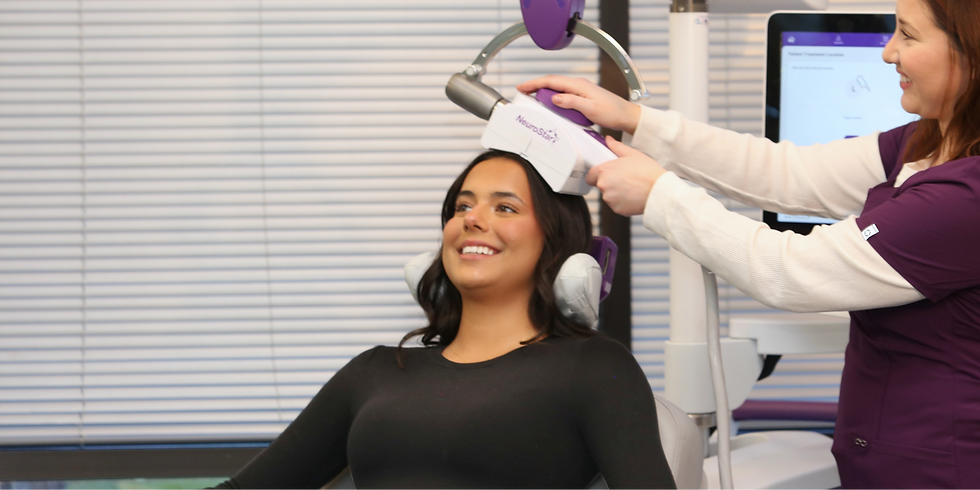Idea, a Brookside Company
Depression is often an unseen burden, affecting millions worldwide. It’s not something you can just “snap out of” or a sign of not being “strong enough.” Depression is a real medical condition that can impact anyone, regardless of their background or circumstances. However, while it’s not your fault that you’re experiencing depression, doing nothing about it only prolongs the struggle.
The Reality
When depression hits, it can make the world feel gray. Things you once loved might feel empty, and even getting out of bed can seem overwhelming. These feelings aren’t something you can simply wish away. Depression changes how your brain works, affecting how you think, feel, and function day-to-day.
Despite how common it is, there’s still a lot of stigma around depression. People might worry about being seen as “weak” or “broken,” which can make it even harder to reach out for help. But here’s the truth: depression isn’t a flaw in your character. It’s a health condition, like diabetes or heart disease, and there’s no shame in seeking help. Ignoring it, though, won’t make it go away. Taking action is crucial to reclaiming your life.
Breaking the Cycle
The good news? Depression doesn’t have to be a life sentence. With the right support and treatment, healing is within reach.
At Idea, we are one of many in utah valley who offer advanced treatments that go beyond traditional methods.
One option is NeuroStar TMS therapy—a non-invasive treatment that uses magnetic fields to stimulate specific brain areas involved in mood regulation. Unlike medications, which affect your whole brain, TMS targets the areas directly linked to depression, offering a focused and effective approach with fewer side effects.
During a TMS session, you’ll sit comfortably while a magnetic coil is placed against your scalp. These sessions are short, typically lasting 20-40 minutes, and are done on an outpatient basis, so you can go about your day afterward. TMS has shown to be particularly helpful for those who haven’t found relief with other treatments, with about 50-60% of people experiencing significant improvement.
Key Benefits of TMS Therapy
Non-invasive: TMS uses magnetic fields, no surgery or anesthesia required.
Targeted treatment: Focuses on specific brain areas related to mood.
Minimal side effects: Most common side effect is mild scalp discomfort.
High success rate: 50-60% of people with treatment-resistant depression experience significant improvement.
Convenient sessions: Sessions last 20-40 minutes, with no downtime afterward.
Take the Self-Assessment

You’re Not Alone—There is Help
We’ve seen the difference TMS can make firsthand. Many of our patients who once felt trapped by depression have found new hope and relief through this therapy. They’ve reclaimed their energy, improved their mood, and rediscovered a sense of joy.
If you’re struggling with depression, know that you’re not alone—and you don’t have to face it by yourself. At Idea, we’re here to help you find the path to healing. Whether you’re curious about TMS therapy or just need someone to talk to, we’re here to support you every step of the way. Remember, it’s not your fault that you’re dealing with depression, but taking that first step toward help is within your control.
Ready to see if TMS could be right for you? Let’s take that first step together.
Start Here if you are serious about making a change.
Citations: [1] World Health Organization. (2023). Depression. [2] Gaynes, B. N., et al. (2014). TMS for treatment-resistant depression. Journal of Clinical Psychiatry.

Comments